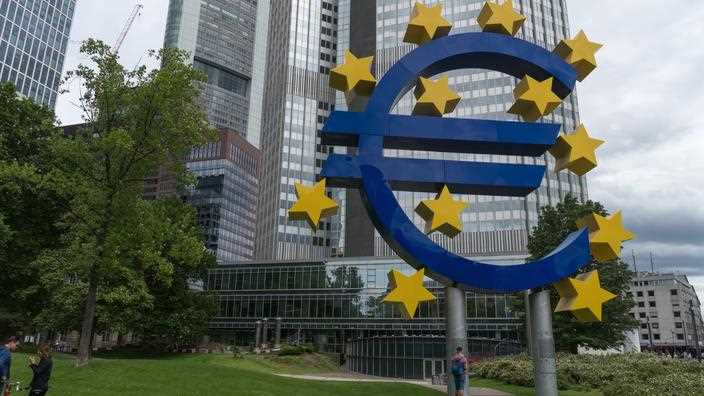The Eurostat agency had never recorded such a level since its creation in January 1997.
Inflation, deemed “transitory” by European economic officials a few months ago, continues to climb sharply. The rise in prices reached 5% in December over one year in the euro zone, a record for twenty-five years. It was maintained by a 26% surge in energy prices, but also by 3.2% for food products, alcohol and tobacco. Excluding these volatile elements, the increase reached 2.6%.
Read alsoPersistent inflation worries Germany
Among the large countries, Spain (6.7%) and Germany (5.7%) experienced the largest increases. Prices remained wiser in Italy (4.2%) and France (3.4% according to the Eurostat index, but 2.8% according to Insee). The Baltic countries are recording record levels: 12% in Estonia and 10.7% in Lithuania.
The long-awaited decline therefore continues to be delayed. However, it could start in January. It is this month that a comparison effect will disappear in Germany with the end of a reduction in the VAT rate a year ago.
SEE ALSO – Presidential 2022: how to save the French economy?
“With energy pressures and supply bottlenecks easing, we expect euro area inflation to decline in the coming quarters,” said Nicola Nobile of Oxford Economics.
For the governor of the Banque de France, François Villeroy de Galhau, “we are probably quite close to the peak” and inflation could “fall gradually throughout the year”. However, we will still remain well above the 2% target of the European Central Bank, which anticipates an average of 3.2% over the year. This complicates its monetary policy, which it is slowly starting to tighten, while trying to maintain an ample level of support for the economy.
